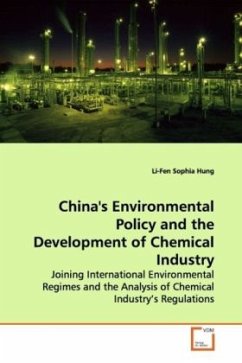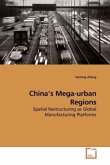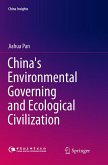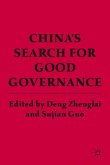As environmental protection problems become the
global issues recently, China could not get rid of
the responsibilities as being developing country.
Thus, how to deal with the international regimes
become more and more important toward Chinese
government. How could China take balance between
international regimes and domestic beneficial
groups? In addition, it also briefly discusses how
China deals with the environmental diplomacy through
different international environmental regimes.
Thus, in this book will divide into three parts
which are the international environmental regimes
such as Kyoto Protocol, China s environmental laws,
and cases studying of chemical industries of China.
The result of analysis implies that no matter the
international environmental regimes or China s
environmental laws are inefficient to avoid
environmental crisis. The real power relies on the
beneficial groups or other profit projects.
Consequently, how China achieves its goal on
environmental protection might be more and more
important in the future.
global issues recently, China could not get rid of
the responsibilities as being developing country.
Thus, how to deal with the international regimes
become more and more important toward Chinese
government. How could China take balance between
international regimes and domestic beneficial
groups? In addition, it also briefly discusses how
China deals with the environmental diplomacy through
different international environmental regimes.
Thus, in this book will divide into three parts
which are the international environmental regimes
such as Kyoto Protocol, China s environmental laws,
and cases studying of chemical industries of China.
The result of analysis implies that no matter the
international environmental regimes or China s
environmental laws are inefficient to avoid
environmental crisis. The real power relies on the
beneficial groups or other profit projects.
Consequently, how China achieves its goal on
environmental protection might be more and more
important in the future.








